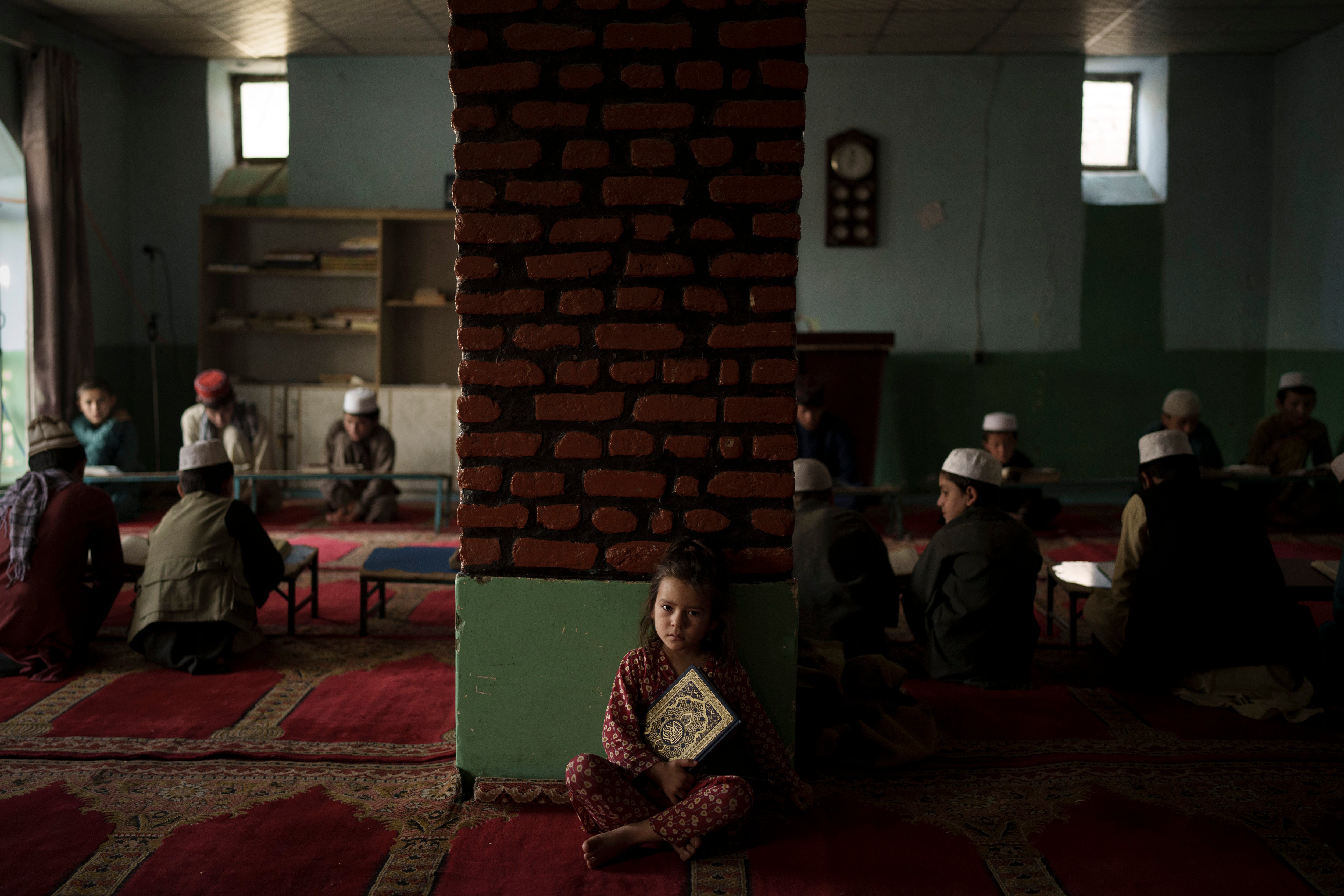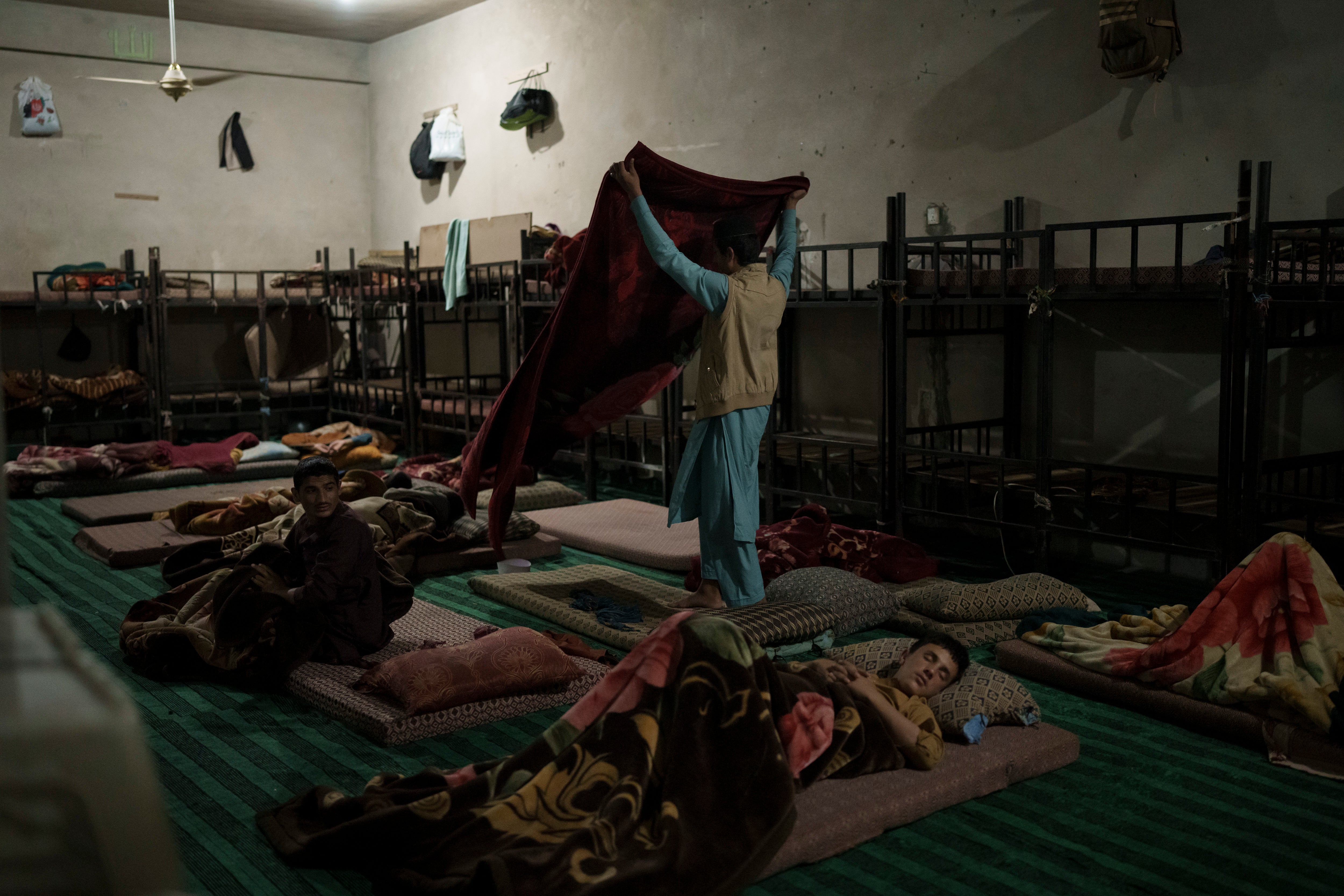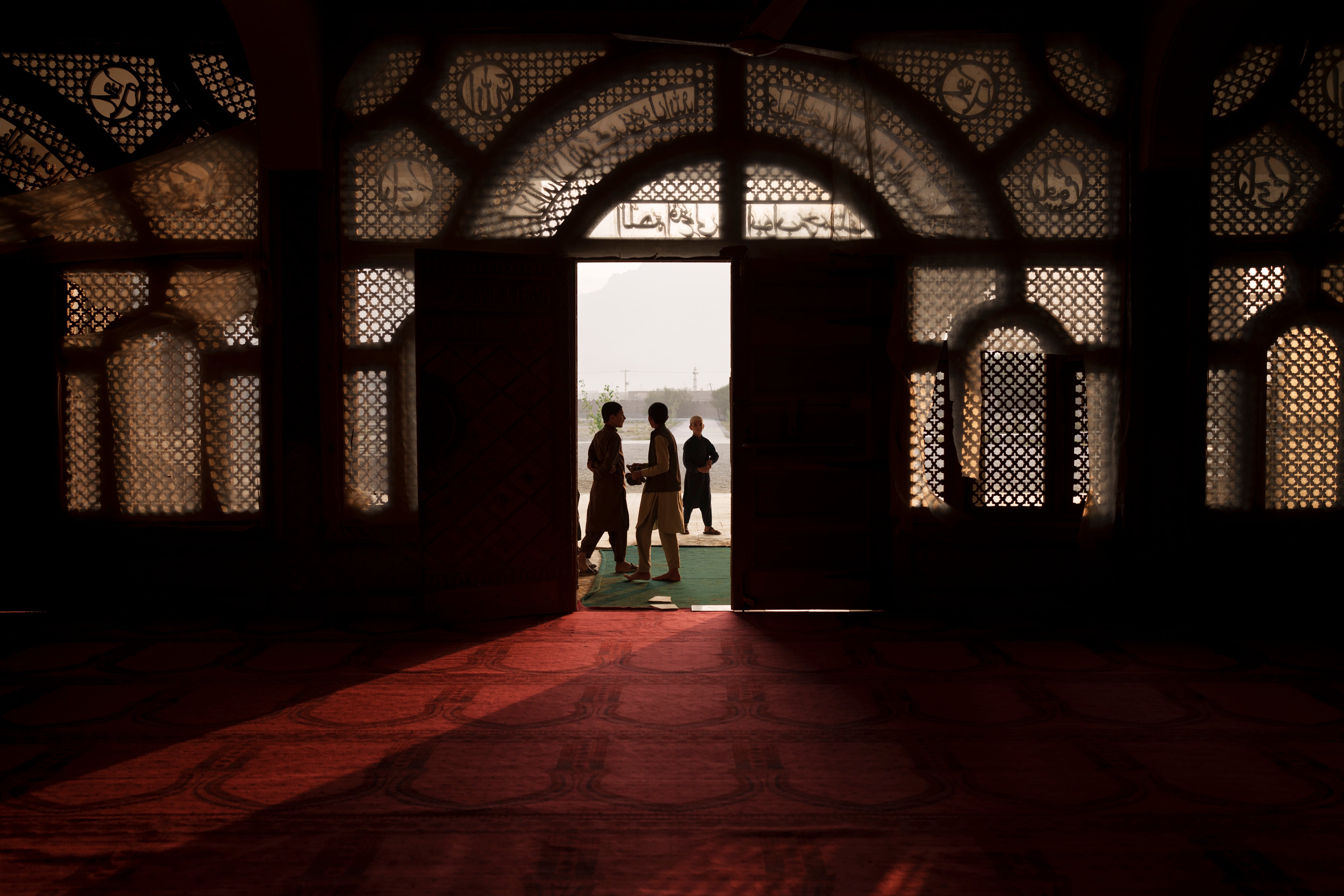Life in a madrasa as Afghanistan enters new era
The madrasa system has been kept alive largely through community-driven efforts

Your support helps us to tell the story
From reproductive rights to climate change to Big Tech, The Independent is on the ground when the story is developing. Whether it's investigating the financials of Elon Musk's pro-Trump PAC or producing our latest documentary, 'The A Word', which shines a light on the American women fighting for reproductive rights, we know how important it is to parse out the facts from the messaging.
At such a critical moment in US history, we need reporters on the ground. Your donation allows us to keep sending journalists to speak to both sides of the story.
The Independent is trusted by Americans across the entire political spectrum. And unlike many other quality news outlets, we choose not to lock Americans out of our reporting and analysis with paywalls. We believe quality journalism should be available to everyone, paid for by those who can afford it.
Your support makes all the difference.In a school in a remote corner of the Afghan capital, a cacophony of children's voices recite Islam's holiest book.
Sunshine streams through the windows of the Khatamul Anbiya madrasa, where a dozen young boys sit in a circle under the tutelage of their teacher, Ismatullah Mudaqiq.
The students are awake by 4:30 a.m. and start the day with prayers. They spend class time memorizing the Quran, chanting verses until the words are ingrained. At any moment, Mudaqiq might test them by asking that a verse be recited from memory.

Attention is turning to the future of education in Afghanistan under Taliban rule, with calls among urban educated Afghans and the international community for equal access to education for girls and women. The madrasas - Islamic religious schools for elementary and higher learning, attended only by boys - represent another segment of Afghan society, poorer and more conservative.
And they too are uncertain what the future will hold under the Taliban.
Most of the students hail from poor families. For them, madrasas are an important institution; it is sometimes the only way for their children to get an education, and the children are also sheltered, fed and clothed. At night they lie on thin mattresses, preferring the ground over rickety bunk-beds, until sleep comes. Like most institutions in Afghanistan, madrasas have struggled in the decline of the country's economy, which has accelerated since the Taliban takeover on Oct. 15.
The Taliban — which means "students" — originally emerged in the 1990s in part from among the students of hard-line madrasas in neighboring Pakistan. Over the past two decades, madrasas in Afghanistan have steered clear of militant ideologies, under the eye of the U.S.-backed government fighting the Taliban. Now that government is gone.
Staff at Khatamul Anbiya were cautious when asked if they hoped for greater support from the new Taliban rulers.
"Regardless, with or without the Taliban, madrasas are very important," explained Mudaqiq. "Without them, people will forget their religious sources . The madrasa should always be there no matter what government is present. It doesn't matter the cost, it should be kept alive."

Historically, the Afghan government has lacked the resources to provide education in rural areas, enabling madrasas to grow in influence. The madrasa system has been kept alive largely through community-driven efforts; most of its funding comes from private sources. But with financial shortfalls as a result of U.S. sanctions and freezes from international monetary institutions, public salaries have not been paid. Madrasas are not seeing the same funding they used to.
The young boys who grow up in the madrasa system can qualify to become religious scholars and experts. The schools usually teach a conservative interpretation of Islam and have been criticized for an overreliance on rote-learning over critical thinking.
But for some, the system is just a way to get basic education and stay fed.
Between religious study the young men convene in large seating areas for a meal of bread and hot tea. Before sunset, they play marbles until it's prayer time - the last before nightfall.
AP
Join our commenting forum
Join thought-provoking conversations, follow other Independent readers and see their replies
Comments